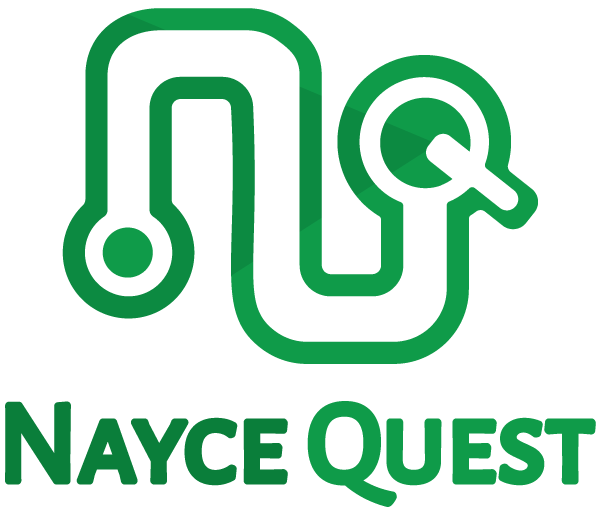If Morality Cannot be Legislated, It is On Us to Regulate Behavior
You may have heard Dr. Martin Luther King’s quote from the 1963 Western Michigan University speech, “Morality cannot be legislated, but behavior can be regulated.” I cannot count the times I have heard reference to this quote and often left questioning how one regulates behavior. It was not until my first sociology class, where I started to glimpse how morality can be regulated and a possible root cause for many of the equality challenges through social structures in the U.S.
Throughout our nation’s history, there have been marches, boycotts, and protests to raise awareness of inequality and injustices that do not align with the literal and the spirit of the U.S. Constitution. In some cases, these voices can make their way to executive corporations and government officials that lead these decision-makers to tout social responsibility statements and create optic policies to promote equity and inclusion. Take the tech industry as an example. Nataliya Nedzhvetskaya has been documenting collective action among the tech industry. Over the past decade, there has been a lot of focus from the media about white-collared professionals pushing on executives on externally facing social responsibility practices, but in fact, the lower waged, or blue-collar—employees have been drumming out how these same organizations are not treating their own employees in an equitable and socially responsible way.
While this may make it seem like executives are “doing the right thing,” it appears that the brunt of the work for social responsibility falls to immigrants, low-wage workers, and allies. One would think that social responsibility would be a shared responsibility among all stakeholders within an organization—I mean, these organizations have diversity statements and proclamations of doing what is right. What gives?
The answer: morality is taught, and it is not a one-time learning process. Navigating morality requires consistent reflection, observation, engagement, and co-production to find solutions. I suspect that ethics and morality are taught in higher education, but it is essential to look at how these topics are taught.
Faculty and higher education senior leaders often look outward in the communities to study diversity, equity, and inclusion (DEI). This sets the tone that “everything is fine” here, so the problem must be elsewhere in the world. I know from first-hand experience that higher education has a systemic problem with DEI initiatives. Are researchers reaching out to administrative staff, food, facility employees, or transportation workers to co-produce knowledge? If not, the message does that send to the lower-paid employees at the university if faculty insists that value is outside the campus? As a former higher education administrator, I always found it interesting to see how universities were quick to push out research and recommendations for social responsibility when the institution was not implementing opportunities to produce knowledge and recommendations within its own campus. If this is what future corporate executives are observing throughout their own education, is it possible that this why executives are hesitant to self-reflect on social responsibility within their own organizations?
These questions and observations are what fuels NayceQuest LLC. Understanding DEI is a process—it is a journey, and I am here to be your guide. Together, we can make our working environments, classrooms, and communities regulate behavior so that everyone has a sense of belonging. And with that, let’s quest.

